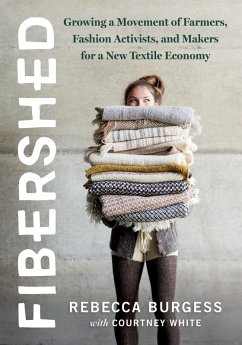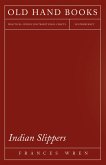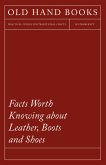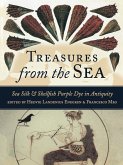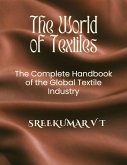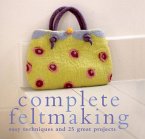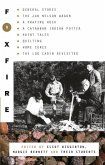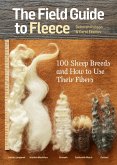There is a major disconnect between what we wear and our knowledge of its impact on land, air, water, labor, and human health. Even those who value access to safe, local, nutritious food have largely overlooked the production of fiber, dyes, and the chemistry that forms the backbone of modern textile production. While humans are 100 percent reliant on their second skin, it's common to think little about the biological and human cultural context from which our clothing derives.
Almost a decade ago, weaver and natural dyer Rebecca Burgess developed a project focused on wearing clothing made from fiber grown, woven, and sewn within her bioregion of North Central California. As she began to network with ranchers, farmers, and artisans, she discovered that even in her home community there was ample raw material being grown to support a new regional textile economy with deep roots in climate change prevention and soil restoration. A vision for the future came into focus, combining right livelihoods and a textile system based on economic justice and soil carbon enhancing practices. Burgess saw that we could create viable supply chains of clothing that could become the new standard in a world looking to solve the climate crisis.
In Fibershed readers will learn how natural plant dyes and fibers such as wool, cotton, hemp, and flax can be grown and processed as part of a scalable, restorative agricultural system. They will also learn about milling and other technical systems needed to make regional textile production possible. Fibershed is a resource for fiber farmers, ranchers, contract grazers, weavers, knitters, slow-fashion entrepreneurs, soil activists, and conscious consumers who want to join or create their own fibershed and topple outdated and toxic systems of exploitation..
Dieser Download kann aus rechtlichen Gründen nur mit Rechnungsadresse in A, B, BG, CY, CZ, D, DK, EW, E, FIN, F, GR, HR, H, IRL, I, LT, L, LR, M, NL, PL, P, R, S, SLO, SK ausgeliefert werden.

